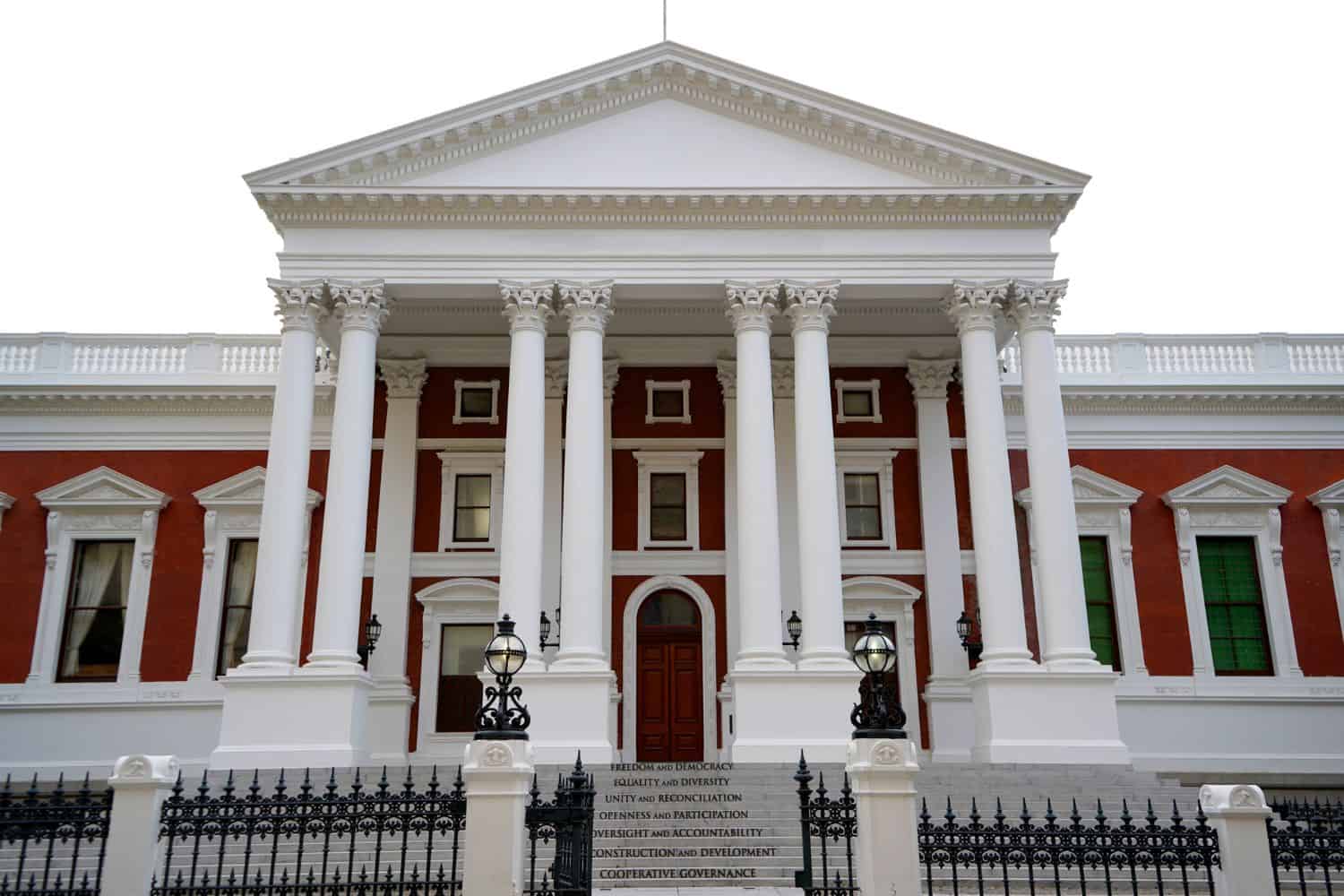The regulators and all the major banks were invited to brief the portfolio committee on practices in the banking sector and the regulatory framework.

South Africa’s banking regulators were grilled in a portfolio committee in parliament on Tuesday morning, mainly about transformation, discriminatory practices and account closures.
The regulators in the banking sector briefed the joint meeting of the portfolio committee on trade, industry and competition and the standing committee on finance (SCOF) on Tuesday. According to co-chairperson Dr Joe Maswanganyi, the committees decided to engage the banking sector to discuss transformation and consumer concerns.
“The two committees resolved to convene this meeting to address pressing matters within the sector. Transformation of this sector is not merely an option but a constitutional requirement.”
The South African Reserve Bank (Sarb), Prudential Authority, Financial Sector Conduct Authority (FSCA) and the Banking Association of South Africa (BASA) all indicated that transformation was happening in the banking sector.
Chairperson of the portfolio committee on trade, industry and competition, Mzwandile Masina, wanted to know why major banks still own African Bank and raised concerns about the ownership patterns of all the banks, which he said were all still white and male.
“Why is the Reserve Bank allowing these kinds of reports (on transformation) to go through as a tick box? You are the best banking institution in Africa, but you are not transformed,” he asked.
ALSO READ: Major banks called to parliament about credit lending practices
Banking regulators asked about consumer protection and closing accounts
The members asked questions about several issues, including unimpactful legislation regarding consumer protection, greylisting and what is being done about it and why the banks refuse to give reasons when closing customer accounts.
Committee member Brian Molefe said discrimination was still practised mainly in the banking sector. “The fundamental problem of the South African economy is two economies in one, constituted of marginalised blacks and privileged whites.
“Banking practices are discriminatory and favour the smaller white economy more than it does the large black majority. How much investment do you have in the black economy relative to those who put money into the banks as investments?”
Bongi Kunene, who represented BASA, told the joint meeting that none of the BASA members had been found wanting or guilty of racism. “The law and the code of good practice prohibit members from engaging in discriminatory behaviour.”
She said regulations were clear on discrimination and that the account closure processes were also clear. “BASA is not aware that the public did not know the processes followed when bank accounts are closed.”
ALSO READ: How to finance your home loan if you do not have a regular income
Consumer rights when bank account is closed
Kunene explained the process that was followed before an account was closed, saying if a client disagrees with the closure, the client can invoke the intervention of the finance ombud. “This is a question of financial education and we all ensure that the public is aware of it.”
Soviet Lekganyane, another committee member, raised concerns about presentations narrowly reporting on numbers of black managers when, in fact, the expectation had been on transformation of the sector, including ownership patterns, not the mere targets of black managers.
“We are not interested in whether there is a black CEO, or their number is growing. We have to amend the law to make things happen. If we are to achieve inclusive economic growth, we want you to help us resolve ownership patterns and not how many black managers are there in the system.”
He cautioned that there would be a serious uprising in the future if ownership patterns remained untransformed.
Members also sought clarity on the manipulation of the rand, which was admitted to in the early 2000s, the liquidation of Ithala Bank and whether legislative policy to govern associations in the banking industry was needed.






